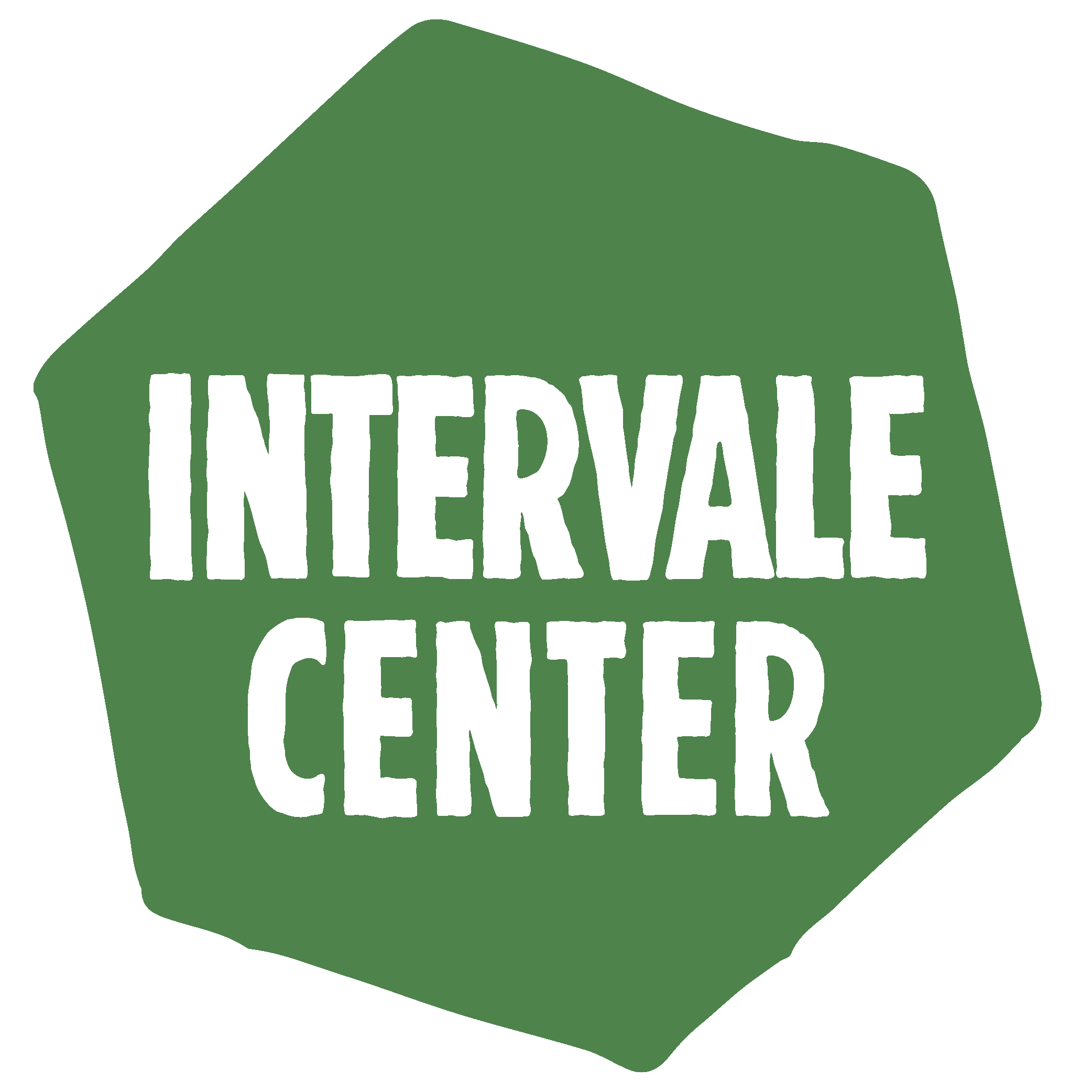Sharing the Farm Business Planning Love
For years, our farm incubator program has attracted people from all over the world to come and learn from what we are doing. These days, people are equally inspired by our farm business planning model, in which we offer a suite of services from support for new farmers seeking land, to retiring farmers who are transitioning out of farming, and everything in between! One recent addition to this menu of services is sustainable land management: we work directly with farmers to assess their land stewardship practices and needs. We’re excited to welcome Annalise Carington to our staff who through her shared position with the Intervale Center and U.S. Fish & Wildlife will provide on-farm assessments to help farmers comply with Vermont’s new water quality regulations.
We’re also working to share our farm business planning work with others around the world. This spring, our agricultural services staff have been presenting at conferences across the hemisphere, including the Vermont Grass Farmers Conference, the Indiana Small Farmers Conference, National Young Farmers Coalition Land Access Innovations Training, Land For Good Farm Succession Advisors Training, National Farm Viability Program, and the Southern Interior Beetle Action Coalition in British Columbia. And this summer, we’re hosting groups from the state of Georgia, Chicago, and even as far as Tasmania, Australia, who are excited to learn more about all of our programs and offerings. Sam Smith, our Farm Business Director, said, “Over and over, people come to us. We keep finding people who are interested in learning how we do what we do in order to replicate it across the country.”
One model we’re particularly interested in sharing with more people is our partnership with the Vermont Housing & Conservation Board and Vermont Land Trust to coordinate and align farmland access, farmland conservation and farm viability. By working together, we believe we can accelerate the pace at which new farmers obtain skills, secure land tenure, and meet their financial goals. We also believe that this partnership model can be replicated in other parts of the country and look forward to sharing the lessons we learn along the way.
Consulting and sharing our work with other organizations is part of what we’re about here at the Intervale Center. Over the past 30 years, we have built our organization to be a model of how to holistically approach food systems change, and we love sharing this model with others with a goal to create food systems change on a global scale.




